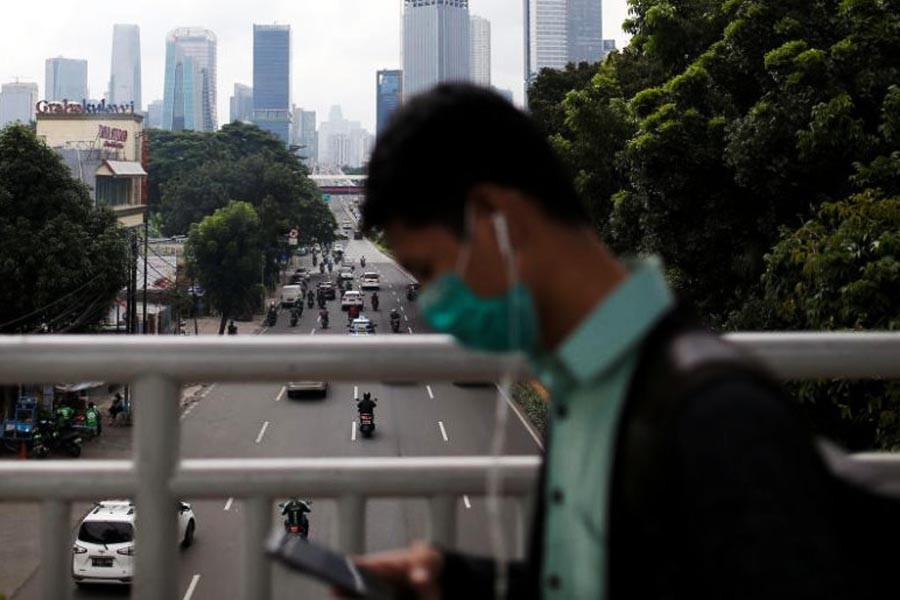Indonesia announced a 120 trillion rupiah ($8.1 billion) stimulus package on Friday to support Southeast Asia’s biggest economy as the spread of the coronavirus disrupts global activity.
The stimulus, representing 0.8 per cent of gross domestic product (GDP), includes exempting some workers in manufacturing from income tax and giving manufacturing companies a discount on corporate tax payments, Finance Minister Sri Mulyani Indrawati told a news conference.
Indrawati has previously warned that Indonesia’s economic growth could slow to 4.7 per cent this year if the virus outbreak slows Chinese and global growth.
Indonesia’s economy grew 5.02 per cent last year, reports Reuters.
A number of other governments and central banks in Asia have also announced additional support measures this week to shore up confidence as the virus spreads and global financial markets tumble.
Bank Indonesia’s (BI) 2020 growth outlook was slightly higher at 5.1 per cent, though Governor Perry Warjiyo this week said this was likely be revised down at its March 18-19 policy meeting, to take into account the spread of the virus globally. BI cut interest rates last month in response to the outbreak.
“This won’t be the last announcement we make because the situation is very dynamic,” Indrawati said as she unveiled details of the new tax measures.
“We will prepare all instruments to mitigate and minimize the impact on companies and people,” she said.
The stimulus package was expected to widen the budget deficit this year to 2.5 per cent of GDP, from an initial plan to keep it around 1.8 per cent, Indrawati said.
The tax relief for manufacturing workers will be given to those who make 200 million rupiah or less a year.
The government is also exempting companies in 19 manufacturing sectors from having to pay import taxes, while giving them a 30 per cent corporate tax discount.
Refunds for value added tax would be made easier for companies, especially for exporters, to help manage cashflows.
The tax breaks, lasting six months starting in April, were estimated to cost the government 22.9 trillion rupiah.
Indrawati last month announced a 10.3 trillion rupiah stimulus package to support consumer spending and tourism, though some analysts thought it was too small to have a significant impact.
She did not provide details on the rest of the latest stimulus, but said the government would maintain its planned spending despite pressures on state revenue.Coordinating Minister for Economic Affairs Airlangga Hartarto also announced non-fiscal measures to shield the economy, including relaxing export rules for fisheries and forestry products and import rules for steel.
The loosening of rules on imports would be widened to cover strategic food items, such as sugar, flour and salt, he said.
Rules on loan restructuring for small- and medium-sized companies will be eased so banks can restructure loans regardless of size, Financial Services Authorities Chairman Wimboh Santoso said.
“This stimulus package is not directly linked to the stock market, but we hope this will provide some confidence to players in the financial markets,” Santoso said.
Indonesia, the world’s fourth most populous nation, confirmed its first coronavirus case only last week, but medical professionals are concerned there may be more.
Its central bank has been buying government bonds this week to help curb losses in the rupiah currency, as virus fears trigger a global market rout.
The country's main stock index .JKSE plunged 5 per cent on Friday morning and is heading for the biggest weekly drop since October 2008. The rupiah IDR= lost 2 per cent to 14,810 a dollar, its weakest level since November 2018.


